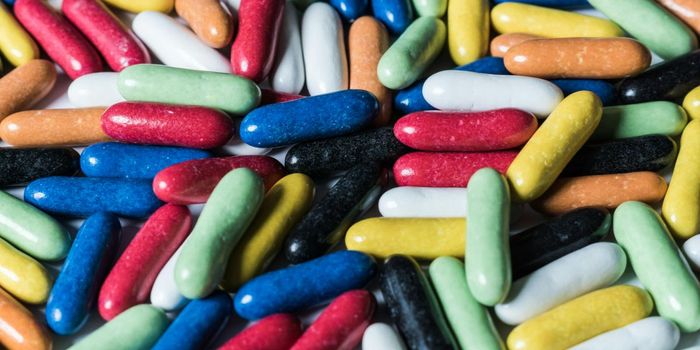COVID vaccines have saved 245,000 lives and counting

Although the rapid design and development of the vaccine had the promise to lead to an eventual end of the COVID-19 pandemic, the vaccines were met with extreme skepticism even before they were available for the general public. The reasoning for skepticism varies across individuals and various groups. The reasons range from general skepticism of the medical community to conspiracy theories about government control to questions about the safety of the rapidly developed vaccine. Regardless, around one-third of the population continues to refuse receiving a COVID-19 vaccine. As such, a question remains as to how effective are the COVID-19 vaccines for preventing COVID-19 cases and saving lives?
These questions were the driving force behind a recent research publication led and published by Dr. James L. Doti from Chapman University. In the research, Dr. Doti performed high level statistical analyses on COVID-19 case and death data from all 50 states. The case and death data encompassed the dates of January 1, 2021, after the start of vaccinations for healthcare workers, to August 10, 2021, when much of the general public had access to the vaccines. Dr. Doti then ran statistical analyses on the data to measure the efficacy of increasing vaccination rates on reducing cases of, and deaths attributed to, COVID-19. The statistical models showed that the vaccines have prevented around 16.7 million SARS-CoV-2 infections in the United States over the seven months that were analyzed. Remarkably, the statistical models also showed that the vaccines have prevented around 245,000 COVID-19 related deaths.
The results from this paper are the first to show how vaccination rates affect COVID-19 cases and deaths. While this may not be surprising for many medical professionals, this is an important addition to the public discourse on the safety and efficacy of vaccines. Dr. John Swartzberg, a clinical professor emeritus at UC Berkeley, said of the paper, “That vaccination saves lives is not at all surprising. [… but the data] further emphasizes how well our current vaccines are in protecting people from death.” Dr. Doti is continuing to analyze COVID-19 data as it becomes available, however, one clear message has emerged from the data so far: vaccines save lives.
Sources: World Health Organization; Medical News Today; Centers for Disease Control; nature; New York Times; Kaiser Family Foundation








